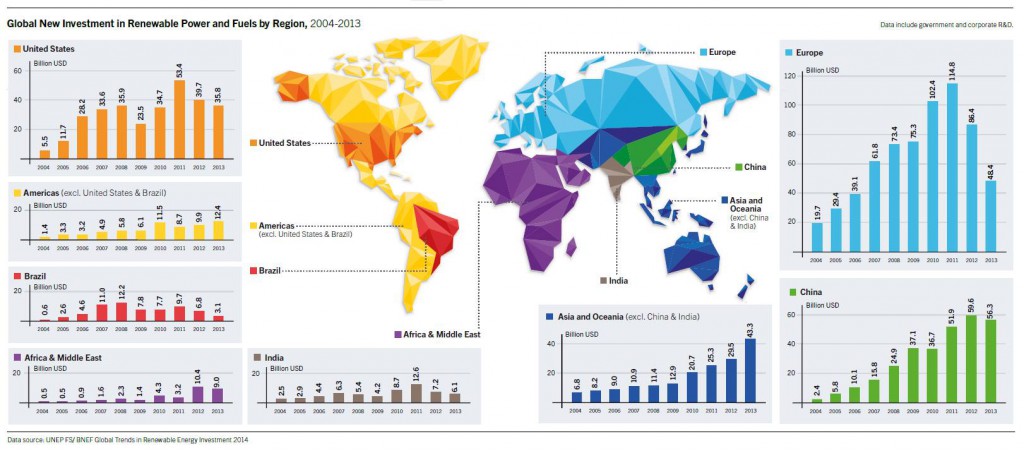Solar, Wind and Renewable Energy Incentives
Around the world, many federal governments and local municipalities offer renewable energy incentives. Many of the development projects by Invictus qualify for these energy incentives.
Energy incentives are financial incentives which are available to stimulate solar, wind and other renewable energy development, manufacturing, installation and operations. At Invictus, our global tax consultants will work with you to understand the incentives available for your locale and for which you and your company may qualify.
Determining the Most Effective and Efficient
Market Introduction of Renewable Energy Incentives
Many jurisdictions offer direct financial incentives while others offer varying tax and production credits. These incentives are typically based upon the cost of qualified energy property. In some areas there are no maximum incentive or tax credit limits.
Eligible systems often include equipment that use renewable energy to generate electricity, to heat or cool, or to provide hot water.
Production-Based Incentives
Production-based incentives provide an award that is proportional to the actual energy generated.
There are 3 Main Systems:
• Minimum Feed-in Tariff: The generator is guaranteed a minimum tariff per kWh for a specified period.
• Production Tax Credit: Mostly in the U.S., the generator receives a tax credit. It can therefore only be used by investors with sufficient tax capacity.
• Quota System: Awards the generator with certificates that can be sold into a market. An alternative to this is an exemption from a charge levied on electricity if generated from renewable sources.
Investment-Based Incentives
Investment-based incentives provide awards for the initial investment,
This includes:
• Investment Tax Credits: ITCs provide individual investors with the opportunity to offset the investment against personal and corporate income tax.
• VAT Exemption: Exemptions on the VAT on equipment for generators.
• Accelerated Depreciation: In some countries, renewable energy plants can be depreciated for tax purposes that can be offset against profits.
• Interest-Free Loans: Some governmental agencies, provide interest-free loans for the purchase of renewable energy equipment.
• Loan Guarantees: Reduce the investment risk in emerging markets for renewable energy investments.
Streamlined Framework
A streamlined and legal framework in place to attract investors
This includes:
• Streamlined Processes: Some countries have implemented a “one-stop-agency” approach. Others have varied frameworks and processes.
• Spatial Planning Process: Various local authorities prioritize land-use for renewable energy. This reduces time for approval and development costs.
• Building Regulation: Building Regulations and Policies assist Developers by promoting the requirements and approval processes for renewable energy installations.
In the United States, the federal government utilizes several renewable energy incentive structures, including the renewable electricity production tax credit (PTC) which is a per-kilowatt-hour tax credit for electricity generated by qualified energy resources. The PTC is typically utilized for wind generating systems and is being adopted and expanded to incentivize business energy investment in new and renewable installations.
Moreover, the federal government in the United States has also adopted an additional incentive structure wherein businesses may recover investment in certain property through depreciation deductions called the Modified Accelerated Cost-Recovery System (MACRS). Under this structure, the qualified renewable energy equipment is deductible to the taxpayer over the life of the qualifying property.
Additional Renewable Energy Tax Credit Information Resources Available in the United States:
See the Emergency Economic Stabilization Act, including Division B: Energy Improvement and Extension Act of 2008.
Solar Energy Industries Association (www.seia.org) and the American Wind Energy Association (www.awea.org) provide resource pages on solar and wind renewable energy incentives.
See the Tax Incentives Assistance Project for more information on solar and energy efficiency tax credits.
The Database of State Incentives for Renewables and Efficiency (www.dsireusa.org) provides information on all state and federal incentive programs around the country.
This summary was provided by Invictus as a resource for some of the available federal tax incentive programs in the United States which may be available to you, however, it does not include any state or local incentives. In connection with any investment in renewable energy, you should seek independent professional advice based on your particular circumstances from your own legal and tax advisors.


